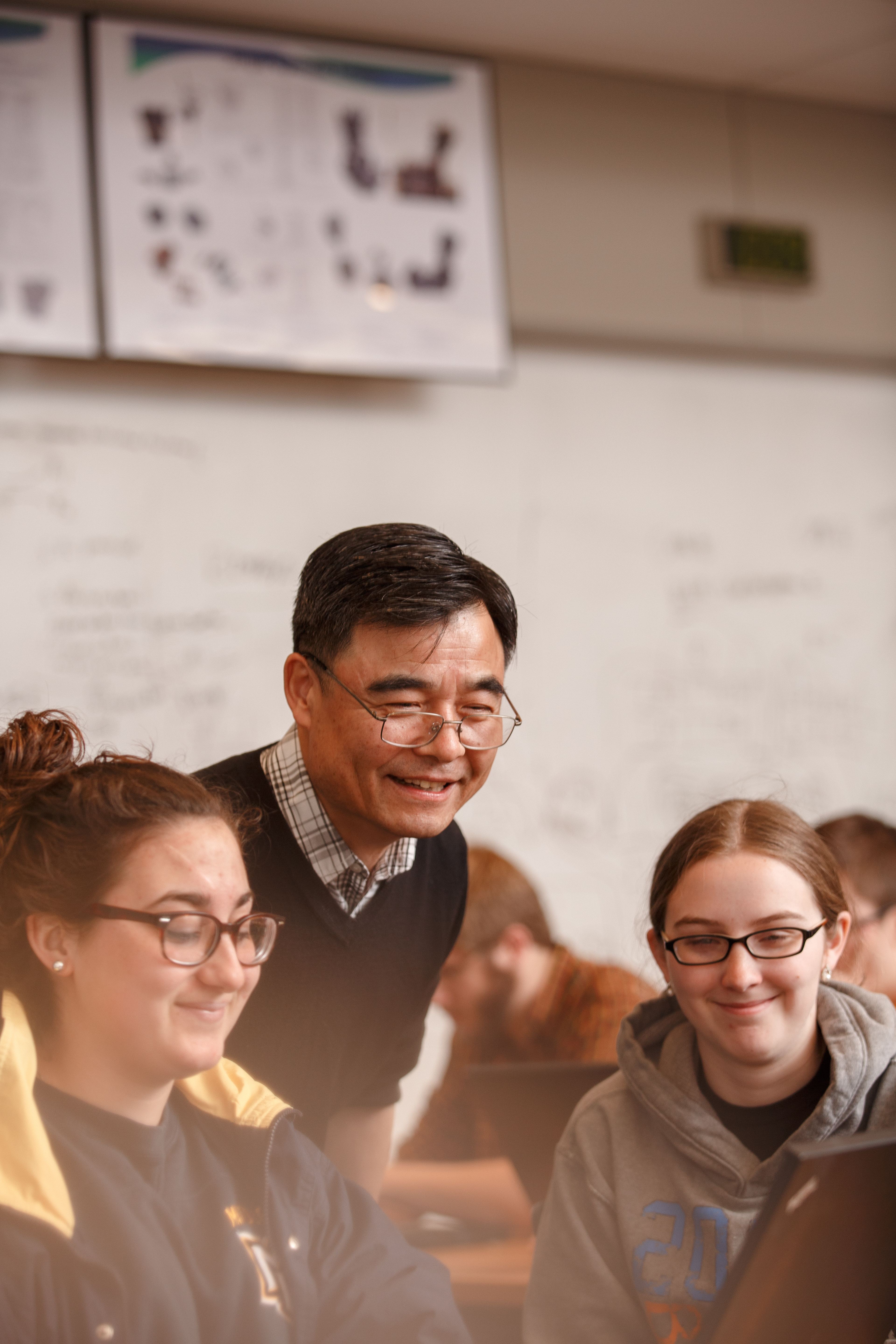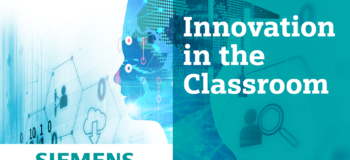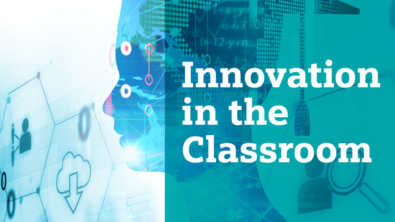Marquette University and Siemens PLM partner to prepare students for career success.


Today’s industry is constantly changing. New technologies and practices are evolving while yesterday’s top tools become less effective. Keeping up with these changes can be difficult, but getting past how complex these changes can be is an even bigger hurdle for students as they attempt to enter the fast-paced Industry 4.0 environment, often only armed with the knowledge and skills an outdated curriculum provides.
Facilitating growth and inspiring students to innovate has always been higher education’s main objective. As students and industry alike look to educators to help bridge a widening skills gap, schools such as Marquette University have acknowledged this responsibility and have taken steps they deem necessary to ensure students develop advanced skills, are able to think creatively and can precisely execute their ideas in the emerging Industry 4.0.
As highlighted in a recent survey from CIMdata, institutes of higher learning must prepare tomorrow’s leaders for tomorrow’s realities, this includes the need for engineering and manufacturing leaders to understand the impacts and value of PLM in driving new economies, markets, and technologies.
For professors like Marquette University’s Dr. Hyunjae Park, research professor of mechanical engineering, this trend challenges him and his colleagues to rethink the way they teach. With years of experience working with industry professionals, Dr. Park understands the frustrations of many employers who are unable to find the right talent to fill open positions.
 Photo Caption: Dr. Hyunjae Park Joyfully inspects his students’ progress.This partially explains why Dr. Park – who began teaching at Marquette in 1993 – was motivated to create his comprehensive, well-rounded Freshmen Engineering Discovery course that began in 2008 to address the needs of students and concerns around the skills gap within industry. While most traditional engineering programs focus on teaching students by using small individual assignments and testing in large lecture rooms, Dr. Park has developed his own unique teaching method which encourages students to gain hands on experience with software used in industry, like Siemens NX.
Photo Caption: Dr. Hyunjae Park Joyfully inspects his students’ progress.This partially explains why Dr. Park – who began teaching at Marquette in 1993 – was motivated to create his comprehensive, well-rounded Freshmen Engineering Discovery course that began in 2008 to address the needs of students and concerns around the skills gap within industry. While most traditional engineering programs focus on teaching students by using small individual assignments and testing in large lecture rooms, Dr. Park has developed his own unique teaching method which encourages students to gain hands on experience with software used in industry, like Siemens NX.
Divided into two semesters, the Freshmen Engineering Discovery Course first introduces students to Siemens NX software, allowing them to experience real-world engineering in manageable and digestible steps. Students spend the first portion of each class receiving instruction from Dr. Park. Afterward, students practice creating virtual models of mechanical parts and simple objects.
At the end of each two-hour class, students summarize the steps taken to build each model. By the second semester, students enter phase two of the comprehensive program where instead of reproducing existing products, parts and objects, students are asked to bring their own original designs to life using NX. By the end of the second semester, students are split into groups ranging from seven to nine members and are given a chance to participate in a design challenge that requires them to create a virtual model that addresses an issue assigned to the class using Siemens NX Software.
After completing their projects, students enter the final phase of the challenge where they must present their work to their classmates and representatives from a number of companies.
“The course is designed to help students gain confidence and experience using industry-accepted software,” says Dr.Park.
He continues “I want my students to enjoy creating and learning while feeling self-accomplished and to feel happy with the entire design process.”
For recent graduates like Emily Macuk, now employed as a mechanical engineer at Northrop Grumman, Dr. Park’s teaching method has played an important role by helping her find success in her new career within industry 4.0. “Dr. Park really set us up for real-world success in the course,” says Emily.
 Photo Caption: Emily Macuk poses for a photo after her graduation ceremony
Photo Caption: Emily Macuk poses for a photo after her graduation ceremony
Emily began her career journey with NX in her sophomore year when she transferred to Marquette University and enrolled in Dr.Park’s Freshmen Engineering Discovery Course. She admits that before attending Marquette, she had no experience with CAD modeling software and found it to be daunting at first. However, after a short time she became comfortable with the software, and by the end of the first semester, she began to enjoy working with NX.
“In addition to 3D modeling, I was able to learn about its stress and strain simulation features,” she said. “I really enjoyed working with NX because of these types of features. I could do all of my modeling right in NX.”
Now in industry herself, Emily acknowledges that Siemens NX software played a significant role in her finding employment that she thoroughly enjoys so soon after graduation.
As the majority of design work at Northrop Grumman is done with Siemens Industry Software, Emily’s skills with NX became immediately apparent to her employers. After spending some time as an intern with the Operations Department during her junior year, she applied for her current position as a PDP Mechanical Engineer. She explains that, “Although this was a competitive position, my experience with NX software right out of school helped set me apart from other applicants, and ultimately helped me get the job.”
Although it has only been three months since Emily graduated from Marquette University, she already realizes just how much of an impact a practical, industry-focused education can have on students who are intentional when learning. She states, “It’s important that higher education continues to put a focus on teaching the applications and systems that engineers are using every day. It’s about learning the fundamentals and how they’re actually put into practice.”
She continues, “NX is functional, and everything is integrated. As a new hire, there so many systems to learn, but software like NX streamlines the process and makes developing and creating happen quickly and smoothly – a necessity in today’s fast-paced industry.”


